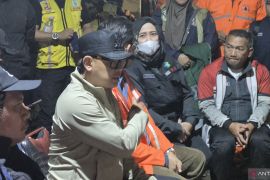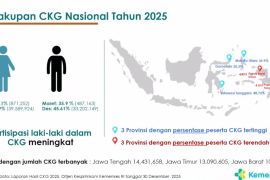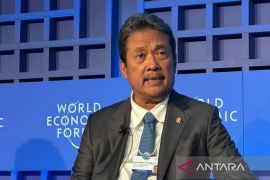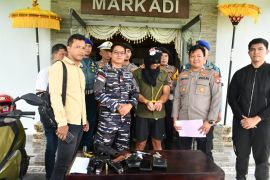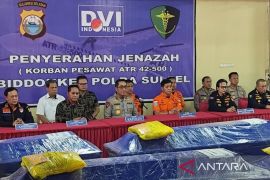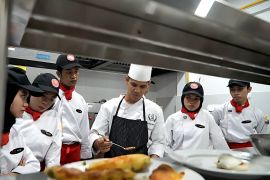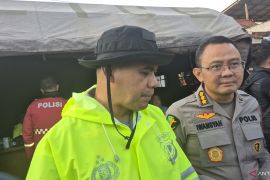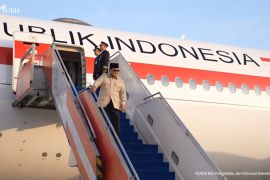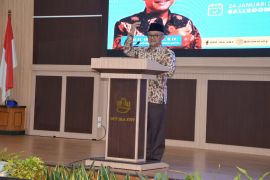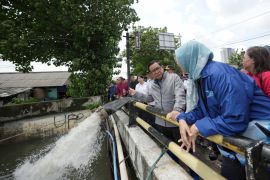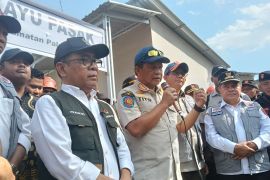Rev WS Wospakrik, secretary of the diaconic department of the Evangelical Christian Curch (GKI) Synod, said here Monday even before other parties began launching anti-HIV-AIDS campaigns in Papua, members of GKI congregations as well as GKI`s technical units had already been enagaged in HIV/AIDS eradication activities.
In 1997, the General Pniel Church Synod at a meeting in Kotaraja, Jayapura, signed a memorandum of cooperation with the National Family Planning Coordinating Board (BKKBN) of Papua province and GKI to implement family planning and balanced gender programs. In addition, in 1998, a number of priests took part in HIV-AIDS knowledge upgrading courses organized by the BKKBN and health office of Papua province.
"The cooperation with BKKBN has been going on since 1997 and in 1998 it was also done with the health office of Papua province," Wospakrik said.
He said since then, the Evangelical Christian Church (GKI) began to engage seriously in handling disease prevention, including by engaging in various seminars, training or work programs carried out by the competent parties.
"At first, our knowledge about HIV-AIDS was minimal and we had to keep getting clarity from those who knew more about the disease. It is specifically for us to convey thanks to Dr.Gunawan from ASA Papua who always involved us in upgrading programs, lectures as well as discussions," he said.
Wospakrik said, from that time on GKI had remained committed to caring for HIV-AIDS patients and also formed educational institutions and health services of the church, and established other institutions concerned with AIDS in the environment such as P3W, Siloam, Maphia, Eklesia as well as a number of other networks.
"In 1998, the Eklesia team was formed to for HIV-AIDS sufferers under the auspices of the GKI Papua and in 2000-2001 the AIDS Care Students (Maphia) STT GKI and Siloam AIDS care groups and two other teams were set up under the auspices of Synod Committee on HIV/AIDS," he said.
Through the Synod` Committee on HIV/AIDS and its network, the handling of the incurable disease was more seriously done with elements or the congregation providing the needed information, trainings, seminars, lectures, discussions or otherwise.
"Through this committee, the church began to campaign against HIV-AIDS intensively in order to enhance the role of the churches, give understanding to the people and to improve the quality of the churches services and their involvement with patients," he said.
To that end, Wospakrik called on Christians and people in general to always make time to read and look for good and correct information about HIV-AIDS.
"Getting good and true information,about HIV-AIDS is the first step in protecting yourself from this disease," he said.(*)
KR-HLWA/HAJM/A014
Editor: Jafar M Sidik
Copyright © ANTARA 2011
